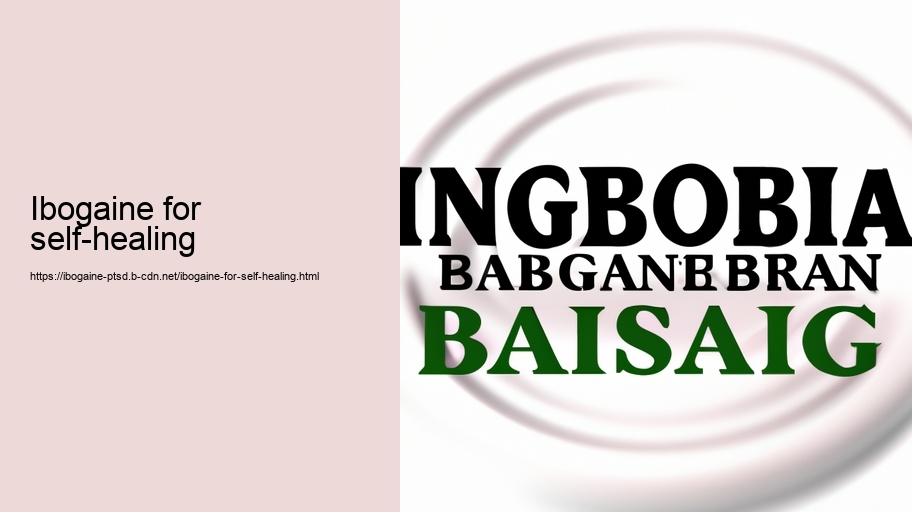Ibogaine: A Journey of Self-Healing
The quest for self-healing is an age-old endeavor, a pursuit that has taken many forms as individuals seek to overcome personal demons, mend emotional wounds, and restore balance to their lives. In this intricate tapestry of healing practices, one thread that has captured the attention of both the curious and the desperate is ibogaine—a naturally occurring psychoactive substance derived from the root bark of the African shrub Tabernanthe iboga.
At first glance, ibogaine might seem like another entry in the long list of substances humans have turned to for solace and escape. Yet for many, it represents something far more profound: a catalyst for deep introspection and transformation. Ibogaine therapy sessions are often described as intense psychological journeys that can bring about significant insights and lasting change, particularly in individuals battling with addiction.
The use of ibogainefor therapeutic purposes is not new; it has been utilized by indigenous West African cultures for centuries in spiritual ceremonies aimed at healing and rites of passage. However, its introduction to Western society—where it's primarily sought after for its potential to interrupt chemical dependencies on opioids, alcohol, stimulants, and other drugs—has painted it in a different light. Despite its classification as a Schedule I substance in some countries (indicating high potential for abuse and no accepted medical use), anecdotal evidence suggests that ibogaine may offer hope where traditional treatments have failed.
Ibogaine operates on multiple neurotransmitter systems simultaneously—a unique feature compared to other psychedelics or medication-assisted treatments—which might explain its multifaceted effects. It's said to alleviate withdrawal symptoms almost immediately after administration and initiate a reflective state wherein users can confront their addictive behaviors. Reports from those who've undergone treatment suggest they experience vivid visions that often revolve around past experiences or traumas—scenes from one’s life played back with startling clarity.
This insightful yet unconventional journey through one's psyche is believed by proponents to be at the heart of ibogaine’s therapeutic value. As users revisit crucial moments from their lives within a new framework of heightened awareness, they're afforded an opportunity for catharsis—to process buried emotions or memories that may be entangled with their addictive patterns.
Equally important in discussions about ibogainefor self-healing is acknowledging the risks involved. The substance can induce bradycardia (slow heart rate), ataxia (loss of control over bodily movements), hallucinations, and confusion; it also carries potentially severe cardiotoxicity risks which could lead to fatal outcomes if not properly administered under medical supervision.
For these reasons among others—including legal status—it's imperative that those considering iboga-based therapies do so only under the guidance of trained professionals within sanctioned settings where emergency care is available if necessary.
Moreover, while some hail it as a miracle cure capable of delivering freedom from addiction with just one dose, such simplifications overlook essential components inherent in any recovery process: support networks, psychotherapy integration work post-treatment, lifestyle changes, and ongoing commitment to sobriety.
In conclusion,, while still shrouded in controversy due partly to limited scientific research validating its efficacy and safety profilesis increasingly being recognized as more than mere escapism or recreational experimentation. For some seekers on the path toward self-healing,, it offers a potent tool—one laden with risk but also promise—for peering into oneself deeply enough perhaps even change trajectory away from self-destructive behaviors towards greater health well-being.
